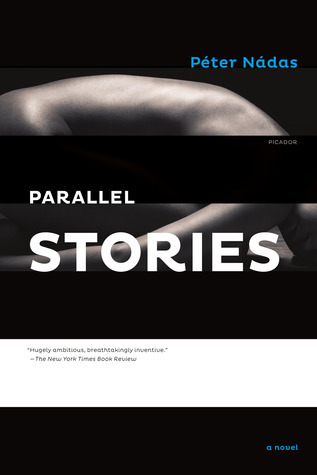
Omega Minor
Book Description
A haunting mystery unravels in the heart of Europe, where past and present collide in a kaleidoscope of memories and forgotten lives. A young man grapples with the shadows of his family's history, diving into a world riddled with secrets, betrayal, and the echoes of war. Relationships teeter on the brink as he confronts loyalties that bind and divide. Intrigue swirls around every corner, driving him deeper into a labyrinth of emotions that threaten to consume him. What will he sacrifice to uncover the truth, and at what cost? The answers lie hidden—but are they worth the pain they bring?
Quick Book Summary
"Omega Minor" by Paul Verhaeghen is a sweeping, intricate novel that plunges readers into the tumultuous depths of Europe’s twentieth-century psyche. The narrative, shifting between past and present, follows a young man's quest to uncover the secrets lurking within his own family history, intertwined with the traumas of war, scientific ambition, and the shifting cultural landscape of Berlin. As he befriends a group of enigmatic figures—including a Holocaust survivor and a physicist haunted by his role in the atomic age—he is forced to contend with the moral ambiguities and unresolved pain that pervade the continent. Memory, guilt, and the search for truth ripple through the narrative, demanding the protagonist confronts how private grief shapes public history. The novel deftly blends historical fact and fiction in a labyrinthine exploration of identity and reconciliation.
Summary of Key Ideas
Table of Contents
The Legacy of History and Memory
The novel begins in contemporary Berlin, where the protagonist—a Flemish linguist—embarks on a research fellowship. Haunted by unresolved questions about his family’s past and Belgium’s role during World War II, he becomes entwined with a cast of complex characters who each bear the weight of Europe’s violent history. Through his relationships, particularly with a Holocaust survivor named Jozef and an enigmatic physicist, he is drawn into a network of secrets that blurs the boundary between personal grief and collective responsibility.
Science, Morality, and the Atomic Age
At the heart of the narrative is the legacy of scientific progress, specifically the development of the atomic bomb. The physicist’s memories cast a dark light on the optimism that once surrounded scientific discovery, revealing its entanglement in acts of destruction and moral compromise. The intellectual debates and inner struggles of the characters force both the reader and protagonist to reconsider the price of technological advancement and the deep scars it leaves on humanity.
Identity, Sexuality, and Personal Betrayal
Verhaeghen also explores questions of personal identity, sexuality, and betrayal against the backdrop of Berlin’s vibrant yet traumatized milieu. The protagonist’s love affairs and friendships are shaped by secrets and silences, paralleling the larger social taboos and divisions left by war. These intimate relationships become microcosms of the broader struggles for acceptance, understanding, and truth, as the characters navigate the intersection of past and present.
Storytelling, Perspective, and Unreliable Narrators
The novel’s narrative structure itself mirrors its themes of uncertainty and multiplicity. Through shifting perspectives, unreliable narrators, and fragmented stories, Verhaeghen forces the reader to grapple with the elusiveness of truth. Each retelling alters the meaning of events, mirroring the way memories and history are constantly reconstructed and questioned.
The Search for Truth and Reconciliation
In its conclusion, "Omega Minor" confronts the possibility of reconciliation. The protagonist, changed by his journey into the labyrinth of Europe’s memory, must decide what, if anything, can be salvaged from the pain and betrayals revealed. The novel refuses easy closure, emphasizing the ongoing necessity of memory and dialogue in the face of trauma. Ultimately, it presents history—not as cold fact—but as a living, haunting force that shapes every act of love, loyalty, and sacrifice.
Download This Summary
Get a free PDF of this summary instantly — no email required.





